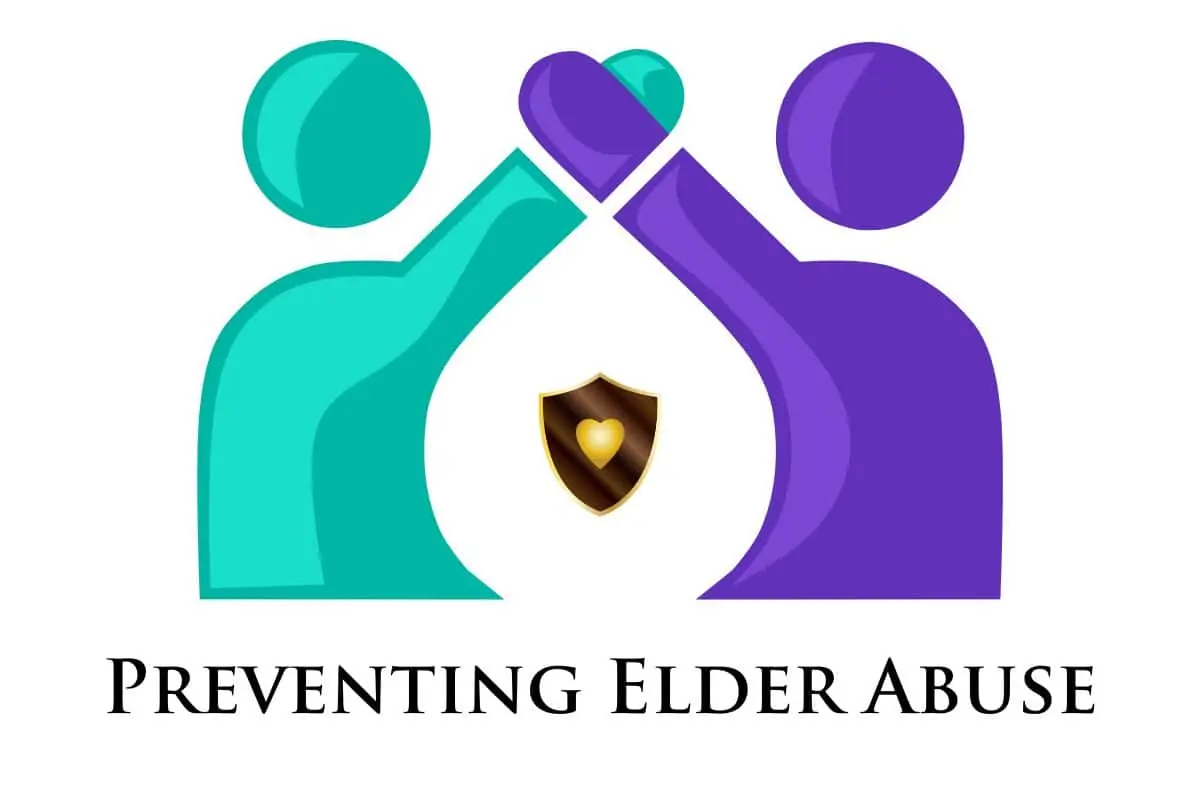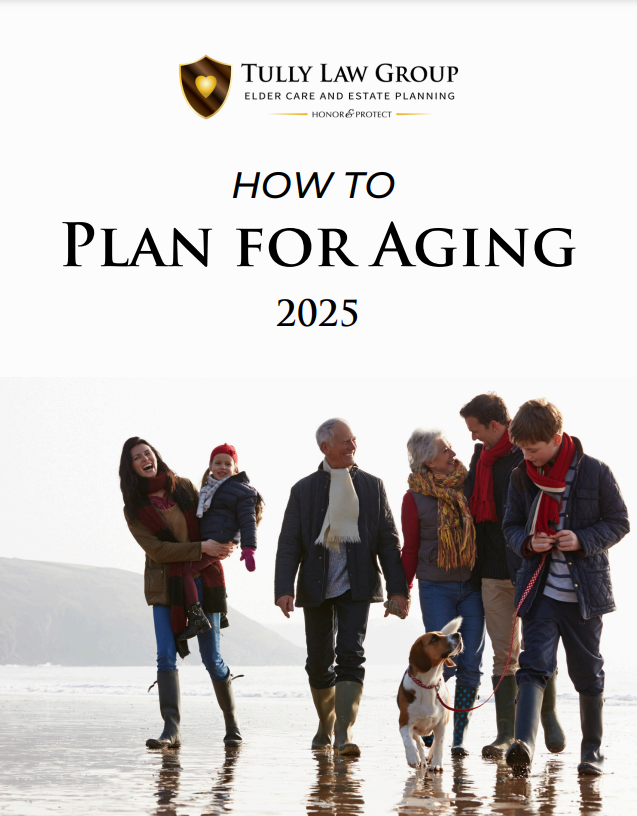Understanding Financial and Legal Elder Abuse
Financial and legal elder abuse occurs when someone illegally or improperly uses an elder’s money, property, or assets. This abuse can be perpetrated by family members, caregivers, scam artists, or professionals entrusted with managing an elder’s finances. Common forms include:
- Theft of money or property
- Forgery of signatures
- Fraudulent changes to wills or other legal documents
- Unauthorized use of credit cards or bank accounts
- Investment fraud or predatory lending
Recognizing the Warning Signs
To prevent financial and legal abuse, it’s important to recognize the warning signs, which may include:
- Sudden changes in bank account balances or unexplained withdrawals.
- Missing belongings or property.
- Changes in wills, powers of attorney, or other legal documents without clear understanding or consent.
- Unpaid bills or eviction notices despite having adequate resources.
- Isolation from friends or family, often instigated by the abuser.
- Unexplained transfers of assets to a family member or someone outside the family.
Preventive Measures
- Educate and Empower Elders: Ensure that older adults are educated about common financial scams and understand their rights. Empower them to ask questions and seek second opinions on financial and legal matters.
- Establish a Trusted Network: Encourage elders to create a network of trusted friends, family members, or professionals who can assist in managing their financial affairs. This network can serve as a protective barrier against potential abusers.
- Use Legal Safeguards: Set up legal safeguards such as durable powers of attorney, trusts, and living wills. These tools can help ensure that a trustworthy person manages the elder’s affairs if they become unable to do so.
- Monitor Financial Activity: Regularly review bank statements, credit reports, and other financial documents for any unusual activity. Early detection can prevent further financial loss.
- Promote Transparency: Maintain open communication about financial matters within the family. Transparency can help prevent misunderstandings and identify issues early.
- Consult Professionals: Utilize attorneys, financial advisors and Elder Care Coordinators who specialize in elder care law and can provide sound advice and oversight.
The Care Component
Caring for elders goes beyond protecting their finances and legal rights; it also involves ensuring their overall well-being. Comprehensive care includes:
- Emotional Support: Loneliness and isolation can make elders more susceptible to abuse. Regular visits, phone calls, and social activities can provide emotional support and reduce isolation.
- Healthcare: Regular medical check-ups can help detect signs of abuse, such as unexplained injuries or neglect. Healthcare professionals can also provide valuable resources and support.
- Safe Living Environments: Ensure that living conditions are safe and supportive. This may involve home modifications, hiring reputable caregivers, or exploring assisted living options if necessary.
Our unique Elder Care Coordinators are here to help you through all of the care components that come along with aging. Please ensure that the legal assistance you hire to protect an aging elder also provides a true care component.
Preventing elder abuse, especially financial and legal exploitation, requires vigilance, education, and a strong support system. By recognizing the warning signs, implementing preventive measures, and ensuring comprehensive care, we can protect our elders from harm and ensure they live their later years with dignity and security. Remember, safeguarding our elders is not just a legal responsibility; it’s a moral one that reflects the values of compassion and respect for those who have paved the way for us.



